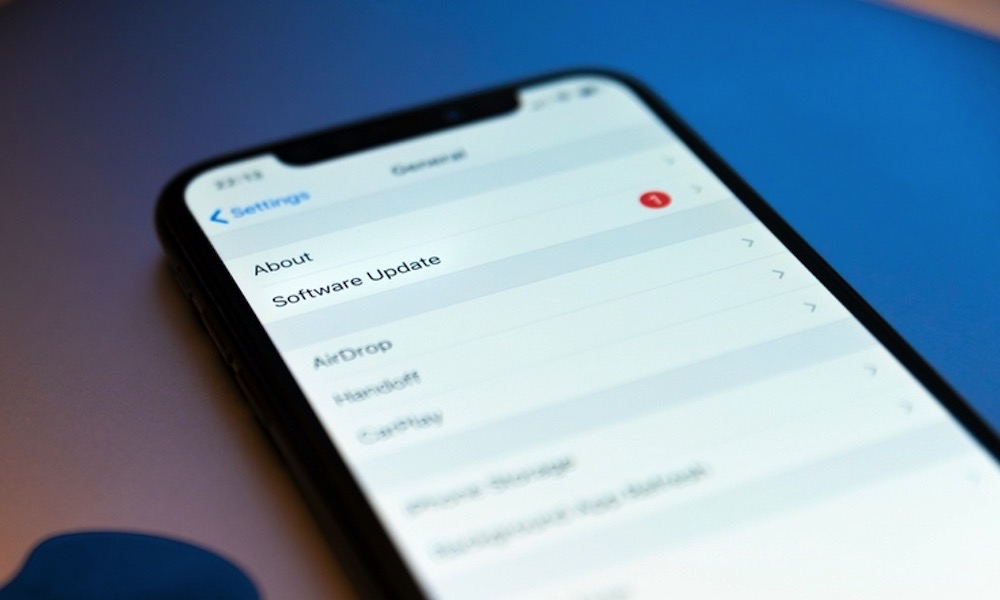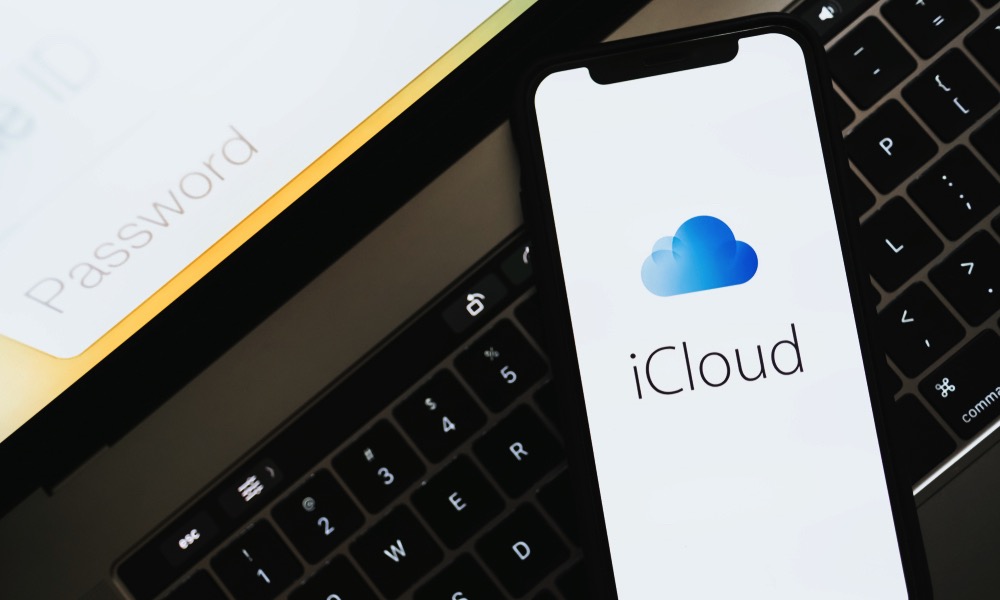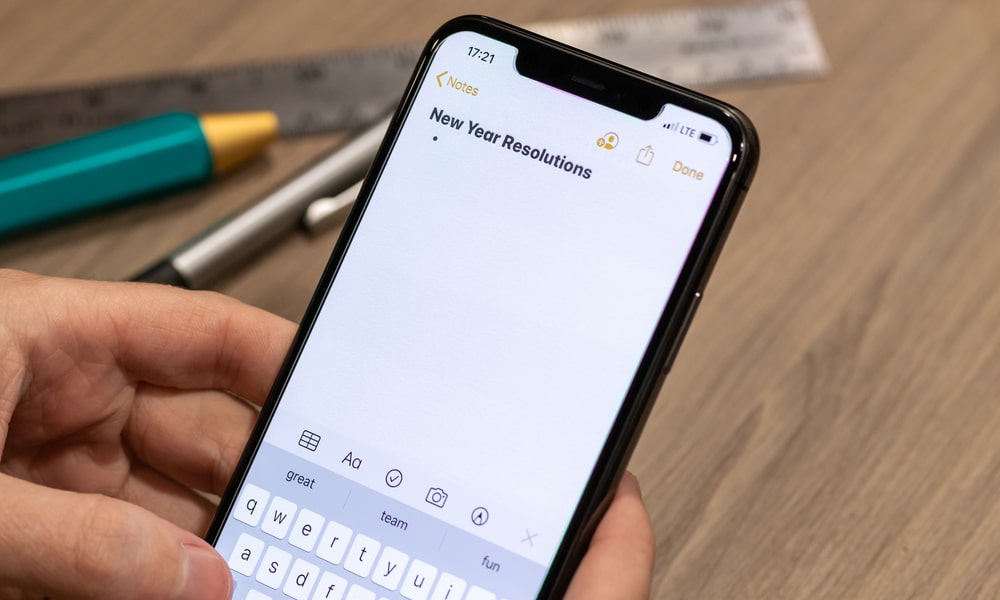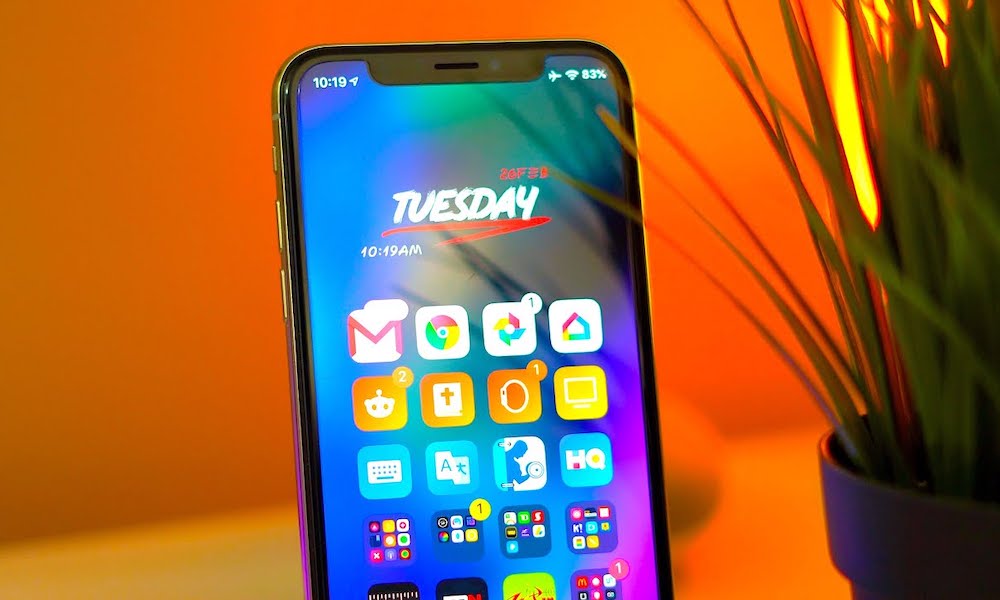Why You Might Not Want to Install iOS 17.4 Quite Yet
 Credit: DVKi / Shutterstock
Credit: DVKi / ShutterstockToggle Dark Mode
Apple finally released iOS 17.4 to the public earlier this month, and it’s brought a lot of interesting new features to the table.
From new Siri settings to a handful of refreshing emojis, there’s a lot to explore in the iPhone’s latest update.
Still, not everyone is ready to update their iPhones just yet. While the update has been amazing so far, there are a few reasons why you might want to wait before installing iOS 17.4 if you haven’t already.
Don’t Install iOS 17.4 If You Haven’t Prepared Your iPhone
It’s always recommended that you prepare your iPhone before any big iOS update. This basically means that you should make sure your iPhone is backed up before you install the update.
More often than not, you won’t have any issues with public iOS updates, but that doesn’t mean that will always be the case. Unfortunately, not every iPhone might react the same way to an update, and you might just be unlucky enough that your iPhone doesn’t handle iOS 17.4 pretty well.
Needless to say, it’s better to be safe than sorry. Fortunately, backing up your iPhone to the cloud is pretty easy as long as you have a large enough iCloud storage plan — and in many cases, it’s automatic. Here’s what you need to check to make sure you have a recent backup:
- Open the Settings app on your iPhone.
- Tap on your Apple ID. That’s your name at the top of the Settings app.
- Select iCloud.
- Go to iCloud Backup.
- Tap on Back Up Now.
Below the Back Up Now button, you’ll also see the time of the last successful backup. If you want your iPhone to back up automatically, be sure to enable Back Up This iPhone and also Back Up Over Cellular if you have a large enough data plan and want your backups to run over the cellular network.
Note that if you’re not paying for an iCloud+ storage plan and would prefer not to do so, you can back up your iPhone to your Mac or PC over a USB cable using Finder, iTunes, or the new Apple Devices app for Windows.
Don’t Install iOS 17.4 if You Don’t Want to Deal With Bugs
Unfortunately, no matter how good a software update is, there are bound to be a few bugs. Bugs can happen with any update, but they’re more common with bigger updates such as iOS 17.4.
Fortunately, at the time of this writing, there haven’t been many huge bugs reported; some people around the web have shared issues with apps like Notes after the update. Others have even said that their iPhones have completely frozen out of nowhere.
It seems Apple is aware of these issues because, according to some sources, the company is already getting ready to release iOS 17.4.1. This report comes from MacRumors, which has said that based on its website’s logs, Apple is internally testing iOS 17.4.1.
If true, this small software update might be ready very soon, so if you don’t want to deal with bugs, your best option might be to wait a few more days.
Don’t Update to iOS 17.4 if Your iPhone Is Jailbroken
Jailbreak is still a pretty common and somewhat risky process. Even though it isn’t illegal, if you aren’t careful, it can permanently harm your iPhone.
And if your iPhone is jailbroken, you should totally avoid iOS 17.4 for the time being. At the time of writing, there isn’t a compatible jailbreak version of iOS 17.4, and installing it might cause issues with your iPhone.
We can’t recommend that you jailbreak your iPhone, but if you have already done so, it’s best to wait for an update that makes iOS 17.4 compatible.
Should You Wait to Install iOS 17.4?
While iOS 17.4 is a fantastic update, it might not be for everyone, at least not for now. Whether your iPhone isn’t ready to install the software update, or you just want to avoid bugs and other issues, waiting a few more days before you install iOS 17.4 won’t necessarily harm you. However, you should be aware that like most iOS releases, iOS 17.4 does include some critical security fixes for vulnerabilities that have already been exploited by malware and spyware, so it’s best not to wait too long since even more cybercrooks are likely to take advantage of these now that they’ve been published for all to see.









